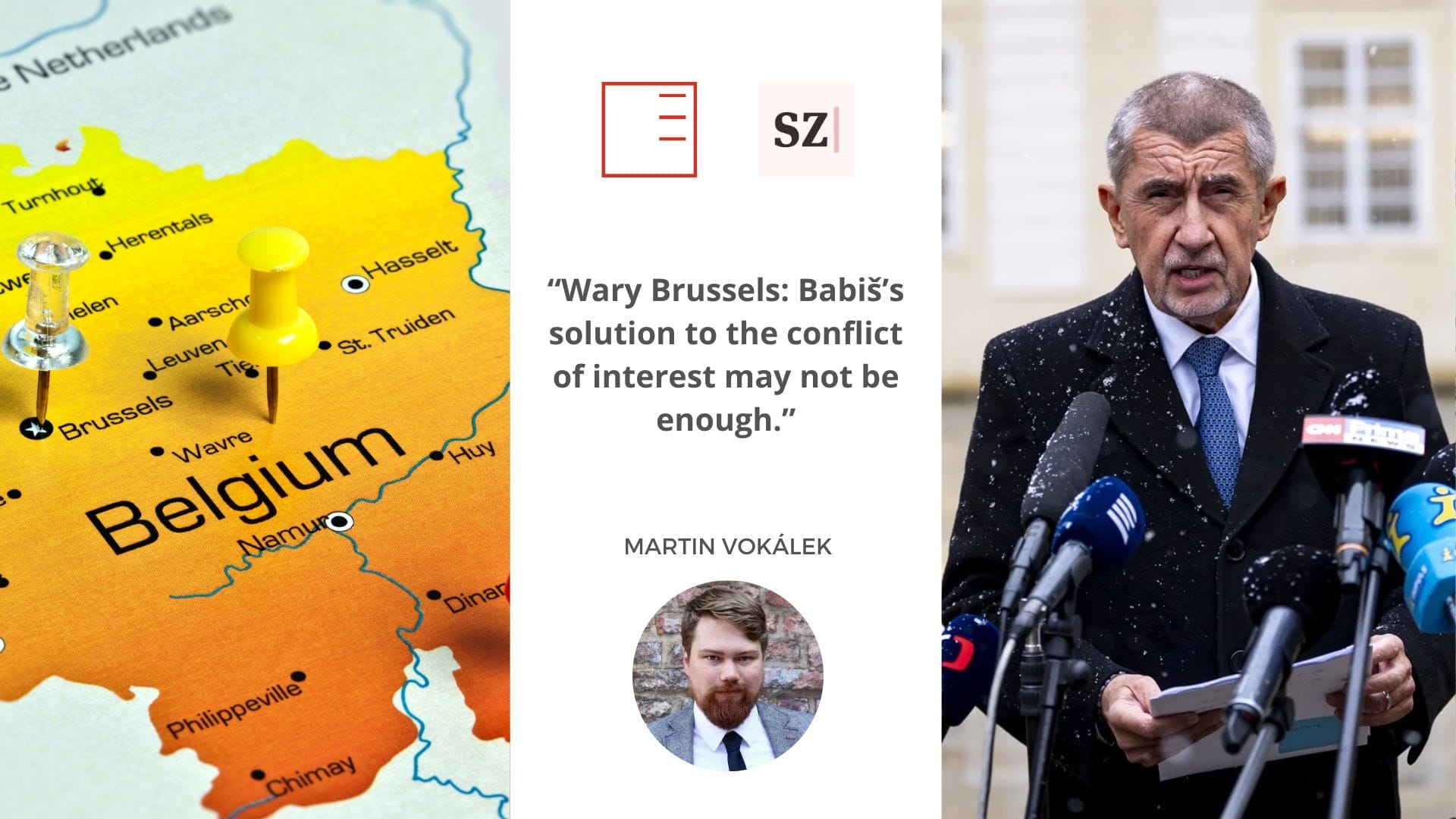EU MONITOR: Examining Central and Eastern Europe’s Climate Policy through a Security Lens
In her latest EU monitor, Danielle Piatkiewicz explores Central and Eastern Europe’s Climate Policy through a Security Lens
30. March 2020

- As the global community gathers to tackle the current COVID-19 virus, the future of the European Commission’s recent European Climate Law and European Green Deal remains unclear. Questioned even further by statements from some Central and Eastern European leaders calling for the green agenda to be abandoned in lieu of economic restoration in the aftermath of the COVID-19 crisis and causing further divisions within the EU on climate-related issues. However, if anything has taught us through this current crisis, is that global threats affect just that, the globe. The EU needs to find collective and unified approaches to tackle growing climate-related risks that pose both near and long- term security threats for the region.
- In addition, the growing links between climate change and security threats are insurmountable. Multilateral institutions like NATO, the EU and UN have made the connection and regard climate-related risks as an emerging threat. While the EU itself has taken the lead with ambitious goals, individual countries need to take a stronger approach including regions like Central and Eastern Europe. For countries in the CEE region where climate and security links are not strongly interconnected, and governments place internal and external security-related issues ahead of climate - can emphasizing the security aspects of climate-related risks help drive a more proactive approach to climate change policies beyond the EU framework? And if so, can it be further integrated into the region’s already robust security agenda?
While the security implications of climate change are not explicitly noted in the European Green Deal nor a distinct policy field within EU foreign and security policy, the European Commission has stated that “doing nothing to combat these changes [climate] could force people to leave their homes and migrate, lead to conflicts and threats to security.” The EU’s climate security can be understood as a ”cluster of different policy fields linked by the EU’s declared ambition to better respond to and ultimately prevent climate-related security risks.”
You can download the full EU Monitor using the PDF button.






